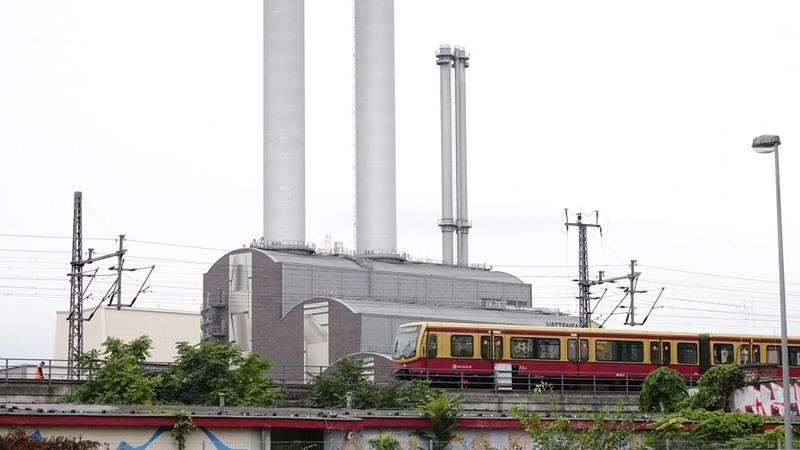 In this file photo dated Sept 8, 2022, a train passes a thermal power plant in Berlin, Germany. (PHOTO / XINHUA)
In this file photo dated Sept 8, 2022, a train passes a thermal power plant in Berlin, Germany. (PHOTO / XINHUA)
BERLIN — Germany's greenhouse gas emissions in 2023 fell to the lowest level in 70 years, according to preliminary calculations published by think tank Agora Energiewende on Thursday.
Emissions in Germany fell to 673 million tons of CO2-equivalents last year, said Agora Energiewende. Compared to 1990 levels, this represents a 46 percent reduction, or 49 million tons of CO2-equivalents below the target for 2023 set in the country's Climate Protection Act.
Around 15 percent of the emissions reductions were a result of additional capacities for renewable energies, efficiency increases and the switch to fuels with lower CO2 emissions or other climate-friendly alternatives
A large part of the year-on-year reduction was due to an "unexpectedly sharp decline in coal use," the think tank said. At the same time, "emissions fell at the expense of energy-intensive industry as the economic situation and international crises prompted a drop in production."
READ MORE: EU greenhouse gas emissions fall 3% in the first quarter
"Most of the emissions cuts in 2023 are not sustainable from an industrial or climate policy perspective," it noted, adding that emissions will rise again when the economy picks up.
Around 15 percent of the emissions reductions were a result of additional capacities for renewable energies, efficiency increases and the switch to fuels with lower CO2 emissions or other climate-friendly alternatives.
However, Simon Mueller, director of Agora Energiewende Germany, said: "We don't consider the emissions reductions seen in the industrial sector to be sustainable. The drop in production due to the energy crisis weakens Germany's industrial base."
Europe's largest economy aims to cut its greenhouse gas emissions by 65 percent by 2030 compared to 1990 levels, and to be climate neutral by 2045, five years earlier than the European Union target.
Germany aims to achieve an 80 percent share of renewable energies in its electricity supply by 2030. By then, the country also aims to complete its coal phase-out. The last three nuclear power plants in the country were taken off the grid last year.
READ MORE: Ahead of COP28, the world still far behind in climate fight
"We are on a very good path, particularly in terms of electricity generation," Minister for Economic Affairs Robert Habeck said on Thursday. "Coal-fired power generation reached an all-time low, while the expansion of renewables has clearly picked up thanks to the hard work of the last two years."


